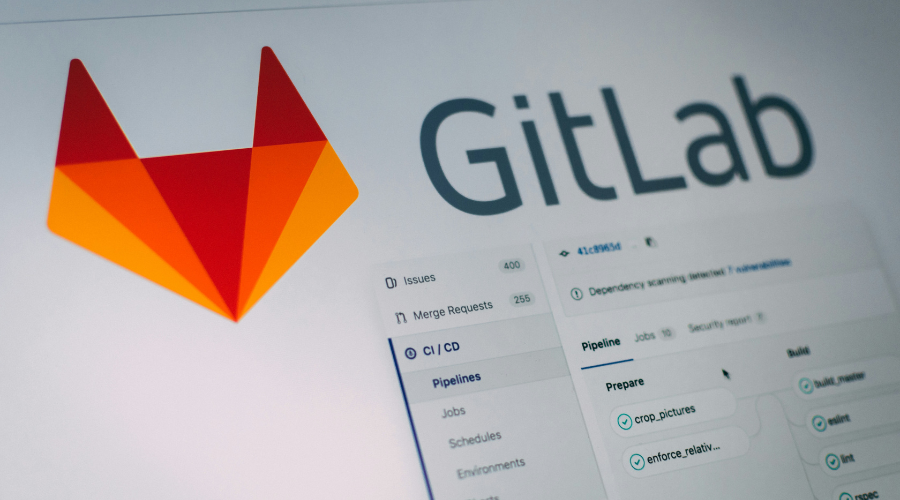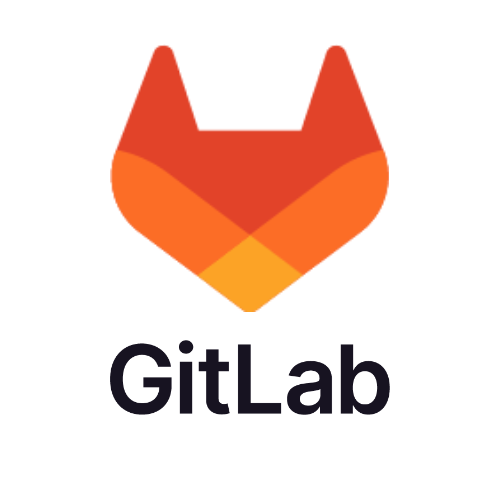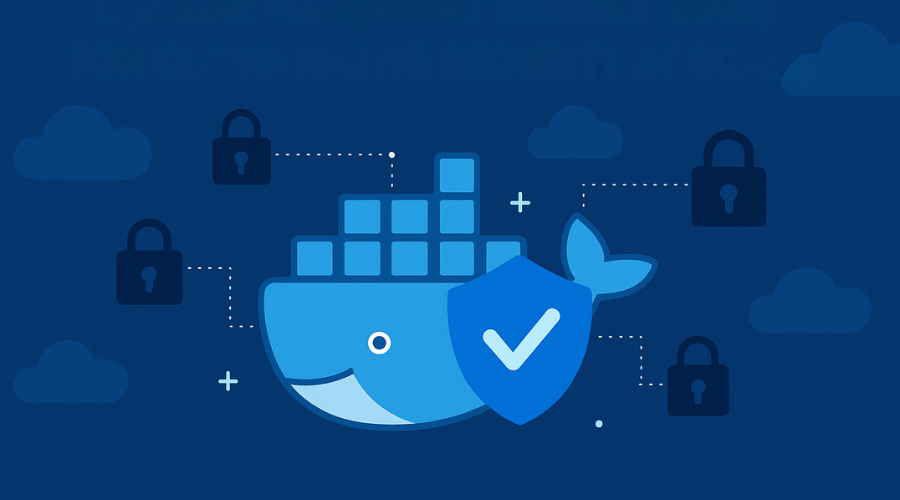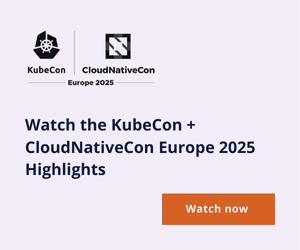The rise of AI coding assistants has transformed how developers write software, but most tools stop short of addressing the full complexity of software development. Coding is only a small piece of the job; teams also must plan features to be developed, secure their applications, deploy their applications, and observe their application’s performance.
GitLab's Duo Agent Platform understands this reality and goes beyond even code generation. Instead, it orchestrates intelligent agents across the full software development lifecycle (SDLC). This article will discuss how GitLab Duo's unified data model, agent orchestration, and the built-in system security create a seamless AI-powered development experience.
Beyond code creation
AI coding agents are everywhere now, ensuring faster code generation and less developer overhead - but organizations are still faced with downtime, disconnected toolchains, and visibility gaps into security. In GitLab's 2024 DevSecOps Report, 74% of organizations leveraging AI coding assistants want to simplify their toolchains. From a productivity standpoint, developers are only spending 21% of their day writing new code while organizations continue to bear the costs of incidents and inefficiencies to the tune of millions of dollars each year.
Traditional AI assistants can parse syntax but lack an understanding of the overall context of a software project. AI hasn’t yet achieved visibility into how a code change impacts the pipeline, deployment, or security compliance with the organization. GitLab’s Duo Agent Platform addresses this by extending AI assistance to every part of the software development lifecycle - planning, coding, testing, deploying, and monitoring. This helps teams accelerate their delivery cycles while retaining quality and security.
The foundation: A unified data model
The GitLab Duo Agent Platform is based on GitLab’s unified data model. As the single application for DevSecOps, all project artifacts, issues, merge requests, pipelines, vulnerabilities, and metrics live in one connected system of record. As a result of this unified data foundation, GitLab Duo Agent Platform has complete visibility into the software lifecycle so it can reason about changes with full context.
With this unified data structure, agents can do more than simply write code. They can help prioritize issues during planning, suggest fixes when pipelines fail, triage vulnerabilities, and even recommend deployment strategies based on past deployment outcomes. It also powers GitLab’s knowledge graph, which indexes and connects every piece of SDLC data. Agents can navigate through this knowledge graph to analyze dependencies, correlate security events, or summarize project health with the same precision and contextual information as their human teammate.
Agentic orchestration across the SDLC
The platform includes agentic orchestration, a collaborative system that allows multiple AI agents to assist a group of people together. These agents can be assigned to capture events in the software development life cycle (SDLC) inside GitLab (e.g., merge request approvals, failed pipelines). They can either work in isolation as an agent performing actions based on an event or work in flows that allow one agent's output to trigger another agent into action, which allows for complex processes to be automated.
Developers can summon and interact with Duo Agents directly from their integrated development environments (IDEs) or directly within the GitLab application. This many-to-many mode of collaboration permits team members to work simultaneously with multiple agents – throughput is greatly increased. For instance, while one agent triages issues, another might review code or run a deployment pipeline, all happening in the same secure environment.
The interoperability of GitLab means its Duo Agents can easily connect with and work in existing ecosystems. All of the Duo Agents support Model Context Protocol (MCP) to ensure each agent can connect to an external system (e.g., Jira, Zendesk, ServiceNow) and share context across the organization. Additionally, this orchestration logic is tethered to all deployment options.
Security and compliance by default
Security is not an afterthought for GitLab Duo. It is part of the platform's nature. Each agent operates within GitLab's enterprise-grade security and compliance framework, which keeps sensitive data secure. Policies and permissions are inherited automatically, so agents follow the same guardrails as human users.
This design allows organizations in regulated industries to use AI, even in offline or air-gapped deployments, safely. Because the entirety of the development process takes place in a trusted DevSecOps platform, GitLab eliminates the risk of context leakage or unauthorized sharing of data that arises from third-party AI tools.
Extensibility and the AI Catalog
The Duo Agent Platform's extensibility is one of its most compelling capabilities. Teams can build, customize, and deploy agents from a unified AI Catalog. The AI Catalog will contain pre-built agents for various roles in GitLab, such as Product Planner, Software Engineer, Deployment Engineer, and Security Analyst. Organizations can extend these agents in the direction of their internal workflows or build entirely new agents for a specific workflow.
The AI Catalog also supports community development. Developers can share their custom agents and flows with other developers or explore new automation flows from others in the community. This creates an open ecosystem where innovation can build on itself, continuously enabling teams to improve the way they build software.
Real-Time insights and continuous improvement
GitLab Duo offers real-time insight into team performance due to its capturing all activity in the unified data model. Managers will see where agents added the most value, bottlenecks and improved processes related to continuous improvement. Since agents are on the same telemetry loop as the rest of the platform, they allow organizations to mature toward data-driven DevSecOps.
Scaling secure software delivery
GitLab Duo Agent Platform has GitLab’s proven scalability. The same infrastructure that supports millions of users on GitLab also supports Duo Agents, providing reliability at enterprise scale as well as performance. The hybrid architecture of the platform will work with any deployment model, either SaaS, self-managed or dedicated environments, as well as any AI model, including GitLab AI, Claude, Codex and Gemini. This means organizations can follow their own unique governance and privacy rules while benefiting from a unified AI-enhanced DevSecOps experience.
The future of AI-native development
The launch of the GitLab Duo Agent Platform signifies a major transition from AI-enabled development to AI-orchestrated DevSecOps. By integrating a unified data model, agentic orchestration, and security, GitLab is enabling teams to leave behind the disjointed workflows and siloed AI tools and create a connected, intelligent workflow.
The outcome is greater than just improved coding speed. This is a completely new way of building, securing and delivering software. With Duo Agents supporting humans at every stage of the SDLC, organizations can decrease tool sprawl, boost productivity and ship secure, quality software faster than ever before.







